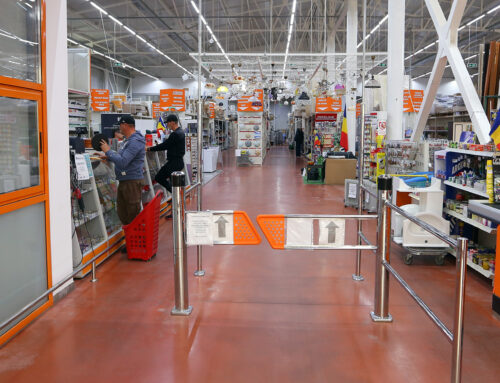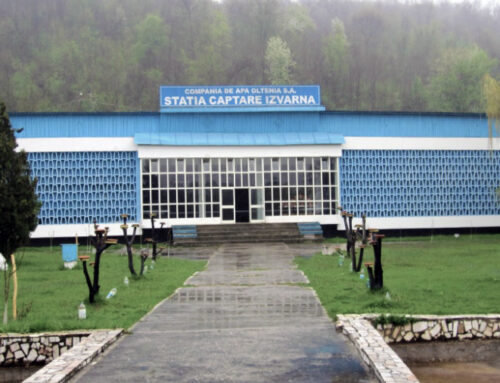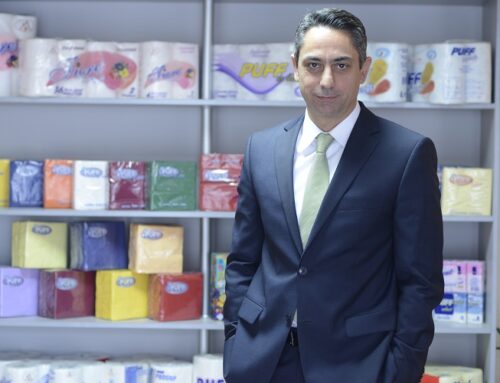
European Times: Can you describe Romania’s aeronautics industry?
Mihail Nicolae Toncea: Before 1990, each aeronautics-manufacturing centre in Romania had its own specialty. After 1990, the sector was restructured and some facilities survived while others did not. Today, Romania has around 30 active companies in the aeronautics industry. These companies employ over 7,300 people and achieved a total turnover of around €318 million in 2013, €394 million in 2014 and more than €437 million in 2015. Most of these companies are members of OPIAR.
European Times: What types of products and services do these companies offer?
Mihail Nicolae Toncea: Romanian companies produce parts, assemblies and sub-assemblies for Boeing and Airbus and provide maintenance for civil aircraft, including Boeing 737 and Airbus 320 airplanes and Puma helicopters, as well as for military aircraft, including MIG 21 and military helicopters. In addition, Romania has two very active and prestigious aeronautics R&D centres, COMOTI and INCAS. Both participate in major EU research initiatives, including the Sky project.
European Times: Why should international companies and investors target Romania’s aeronautics sector?
Mihail Nicolae Toncea: Several of our companies are achieving remarkable growth, including Aerostar, which grew by 30% in 2015 alone, and Turbomecanica, which handles maintenance for motors and mechanical assemblies for helicopters and is growing by 25% per year. Foreign investors include Airbus, which has built two new factories in Romania, Premium Aerotec and Airbus Helicopters Romania in Brasov; Universal Alloy Corporation Europe and Unison Engine Components from the US; and Israel’s Elbit Group. SABCA, a major Belgian aeronautics enterprise, is building a new factory in Turda. SABCA chose Romania because of its strategic European location, investor-friendly government, free land and other incentives, skilled human resources, and the excellent university nearby at Cluj. Other advantages Romania offers are its NATO membership and secure environment. All multinational aeronautics companies investing in Romania have been very successful here.
European Times: What is your personal message to potential international partners?
Mihail Nicolae Toncea: I am very optimistic about the future of Romania’s aeronautics industry. I believe our current total annual turnover of around €437 million will double or even triple over the coming decade.




